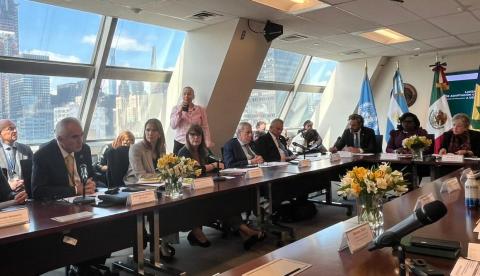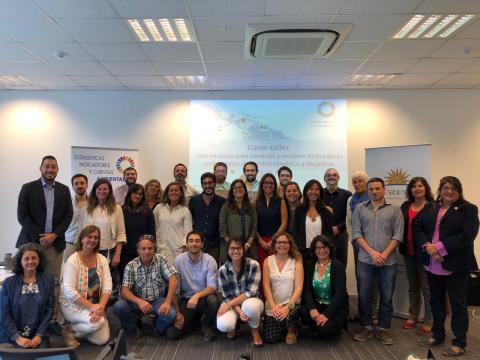News
The Damage and Loss Assessment (DaLA) methodology is helping to estimate the impacts of rain-related disasters that affected several communities along the eastern coast of the Trinidad over the past week.
Developed by the United Nations Economic Commission for Latin America and the Caribbean (UN ECLAC), the DaLA methodology is being used as a guide by the Office of Disaster Preparedness and Management (ODPM) of Trinidad and Tobago to assess the economic consequences of the recent disasters at the community and household level.
Dr Steven Ramroop of the ODPM says that “the organization continues to be guided by evidence-based data collection methodologies such as ECLAC’s DaLA assessments, which have undergone rigorous consultations and reviews, to promote best practices in assessing socio-economic impacts of disasters, especially in smaller and lesser developed island.”
Ramroop is of the opinion that it is crucial for countries to maintain linkages with stakeholders like the UN ECLAC, as “they provide guidelines to conduct evidence-based methodologies which will allow us to pre-position ourselves to deal with the inevitable climatic conditions impacting the Mayaro/Manzanilla and Sangre Grande regions presently.”
DaLA was developed in the 1970s and since then has been customized for application in different areas of the world. Through its DaLA assessments, UN ECLAC creates a point of departure for national dialogue around disaster risk reduction, vulnerability reduction, sustainable development and adaptation to climate change. The methodology also provides a basis for defining the post-disaster needs for recovery and reconstruction.


